Is Travel the Best Education?
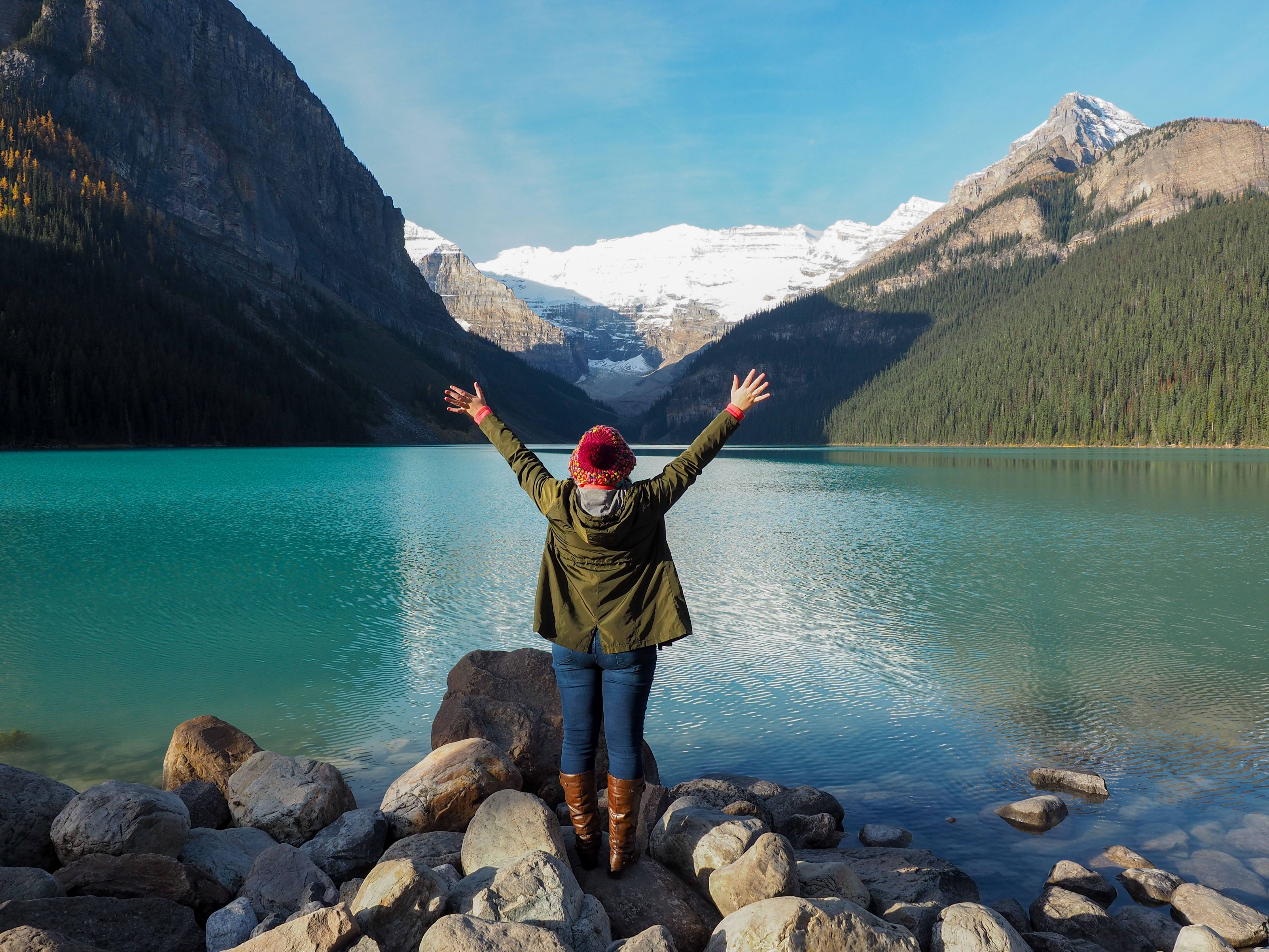
I grew up a country girl.
I didn't listen to country music or own cowboy boots or anything like that – but I did grow up on an 18-acre Christmas tree farm in rural northeast Ohio. Far enough out in the country that you could see every constellation on a clear night and it wasn't uncommon to hear coyotes howling in the backyard.
Growing up, my sister and I didn't play video games. We didn't have cable TV. My parents still had dial-up AOL until about 2005.
My rural high school was tiny. I graduated with 94 people in my class and knew just about everyone in my high school. And mine was the kind of school that was really into football and banned the Harry Potter books from our school library (because, witchcraft).
Growing up in rural Ohio had its positives, don't get me wrong. Summers were filled with swimming in the pond and climbing trees and picking wild blackberries so that Grandma could make a pie. Autumn was filled with corn mazes and marching band and crunching through leaves in the woods. And winter was all about snow tubing in our front yard and building igloos near the frozen lake.
But there definitely was a slight sense of living inside a bubble.
My high school had zero diversity. Most people I grew up with could visit their entire extended family without driving more than 30 miles. And many were perfectly happy with the prospect of staying in rural northeast Ohio forever.
This isn't a BAD thing, of course. It's just a very sanitized version of life; a very safe existence.
It was in high school that I began to realize that I wanted something beyond what I knew inside my Midwest bubble. I loved reading and learning about new places (yes, I was that geeky kid who actually LOVED school), and it was around tenth grade that I first started to dream of traveling.
I spent the rest of my high school career saving up so that I could go on a Lord of the Rings-themed tour of New Zealand when I graduated (geeky, remember?).
After that initial trip to New Zealand, I was fully infected with the travel bug. I joined my college marching band simply because it would mean international performance tours every two years. I took extra classes and credits so that I could study abroad during my senior year. And I began to realize that I couldn't imagine my life without travel in it.
Travel as Education
I got a great education from both my little rural high school and my little rural Ohio college, don't get me wrong. I had great teachers and professors and took classes that satiated my desire to keep learning.
But, the more I traveled, the more acutely aware I became of the fact that traveling supplemented my education in a way that textbooks and PowerPoint presentations in lecture halls just simply could not.
RELATED: Should You Quit School to Travel the World?
Travel opens your mind. It shows you new ways of thinking and seeing and believing. And there's something about BEING in a place that makes learning about it and its people much more tangible.
Traveling has taught me a lot of things.
Some, hard facts that I've learned from visiting places first-hand. There's only so much you can fit into history or government classes, after all – inevitably, a lot gets left out.
Through my travels, I've learned about:
Gallipoli – American history classes generally don't delve too far into wars or battles that the U.S. wasn't involved in. So, before I went to Turkey, I knew virtually nothing about the ANZACs or the awful battle(s) that took place on the Gallipoli peninsula during WWI. Visiting and touring Gallipoli with a group of Aussies opened my eyes to how much I didn't learn in school.
The Killing Fields – I vaguely knew about Pol Pot and the genocide committed by the Khmer Rouge in Cambodia in the 1970s, but, again, it wasn't something we delved very far into in school. The Vietnam War? Sure. But not Cambodia. Traveling through Cambodia and visiting the Killing Fields made the reality of those atrocities much more real. Travel has this ability – it brings history to life and makes us realize that these things happened to real people.
The Warsaw Uprising – Did you know that people in the Polish capital of Warsaw rose up against the Germans during WWII, and the Germans in turn burnt the city to the ground? You would never know it visiting Warsaw today, but it's been almost completely rebuilt since 1944.
The reality of elephant tourism – Before I started planning my first trip to Asia, I had “ride an elephant” on my bucket list. But then I began learning about the reality of elephant tourism in Southeast Asia – about how the animals are tortured and broken in order to work and hold people on their backs – and I quickly changed my mind. Once I got to Thailand, I decided to volunteer at an elephant sanctuary instead of ride a pachyderm, and it's a lesson I'll continue to pass on to anyone I meet.
I've also learned about the Jacobite uprisings in Scotland, how the Northern Lights are formed in Canada, all about the engineering behind the flooding of the Colosseum in Rome, about Moorish influence in Southern Spain, plus much, much more.
For me, travel brings history – sometimes history that I never even knew about! – off the pages of history books. It makes it closer and more digestible.
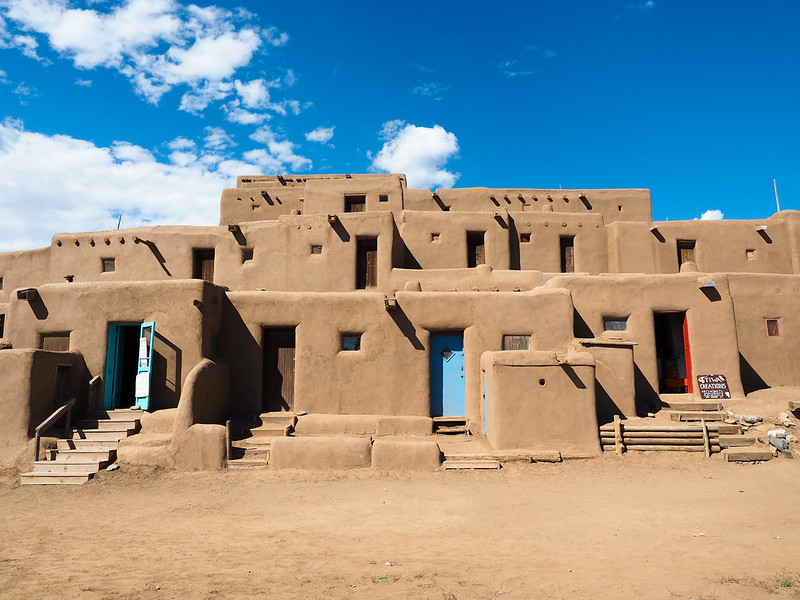
And I've learned more less-historical lessons from traveling, too.
I've learned that the world is not a scary place and that people, on the whole, are very similar no matter which corner of the globe you visit.
I've learned how to keep an open mind and not be too quick to judge people or cultures that I don't fully understand.
I'm reminded constantly not to take for granted the things I have here at home.
I've discovered things about myself – deep, personal things about both my strengths and shortcomings – and have grown into a more confident and capable version of myself.
I've learned that there's no “right” way to travel or love or write or live a life.
RELATED: 26 Things Travel Has Taught Me
Basically, travel has taught me some of the most important lessons in my life. And I could have never learned all of it in school.
So, IS travel the best education? Well, I don't know if it deserves the superlative of the “best.” (And I still wouldn't recommend dropping out of school to travel.)
But travel IS definitely is really valuable and an integral part of becoming a global citizen of the world.
In my opinion, every young person should be required to travel away from their hometown (and their home country) at least once before they finish school. There aren't many better ways to learn!
What do YOU think – is travel the best education?

Amanda Williams is the award-winning blogger behind A Dangerous Business Travel Blog. She has traveled to more than 60 countries on 6 continents from her home base in Ohio, specializing in experiential and thoughtful travel through the US, Europe, and rest of the world. Amanda only shares tips based on her personal experiences and places she's actually traveled!

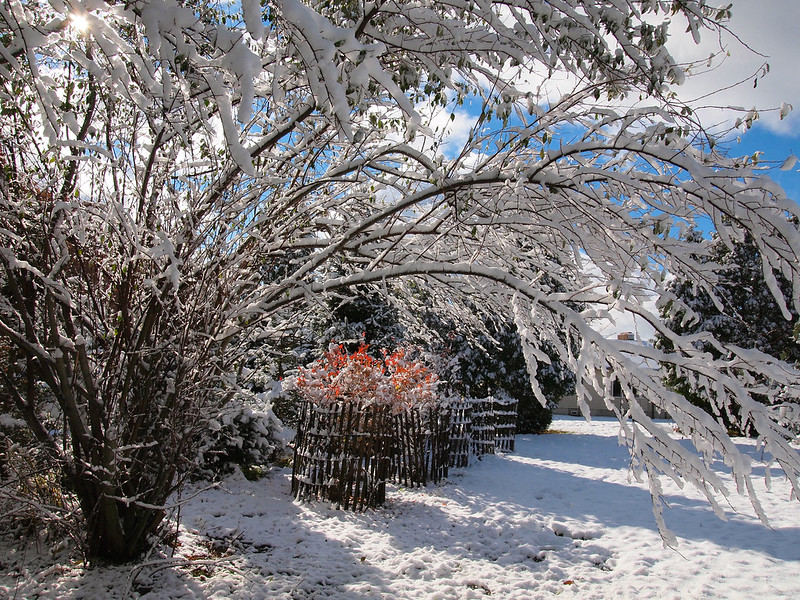
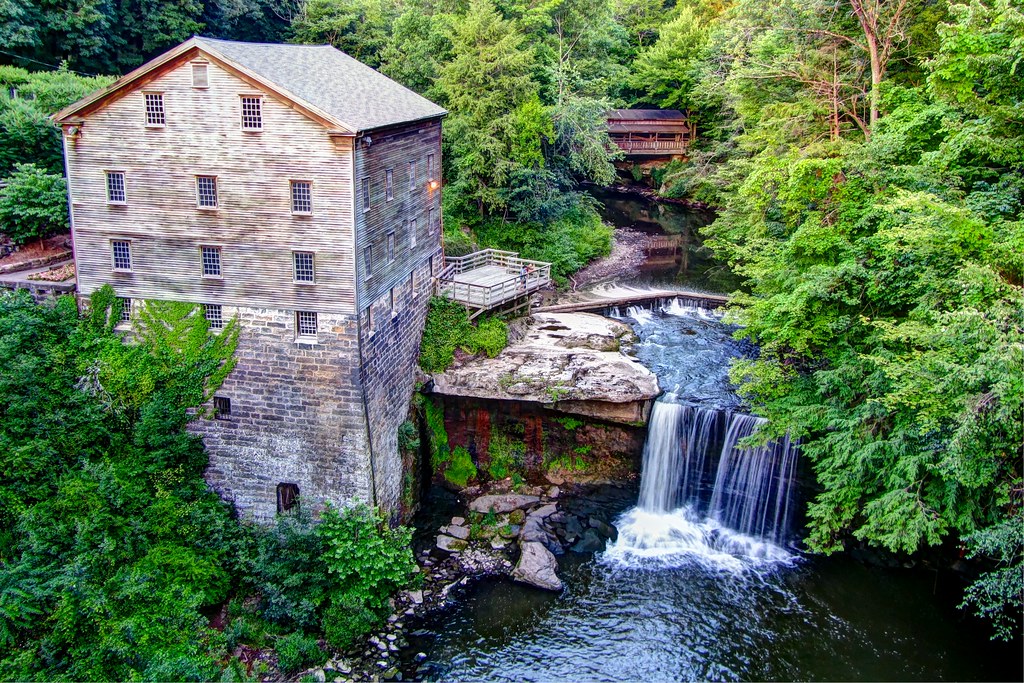
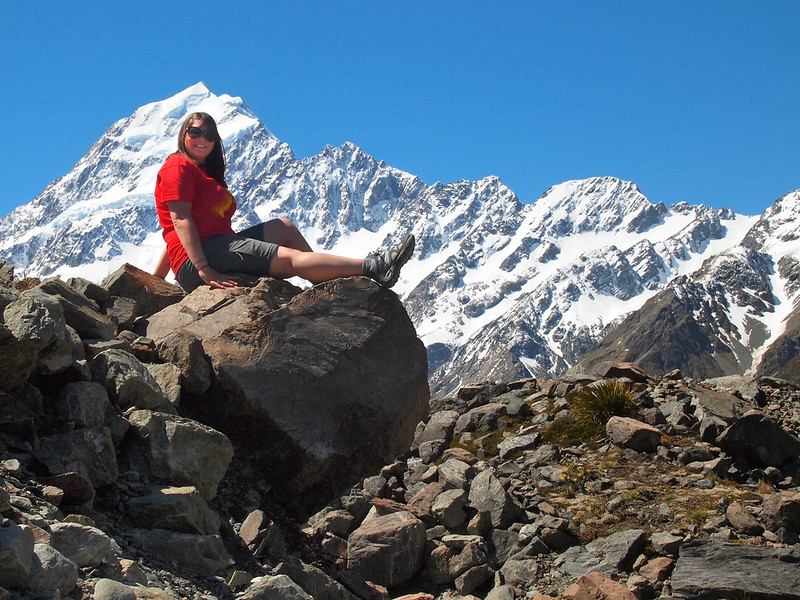
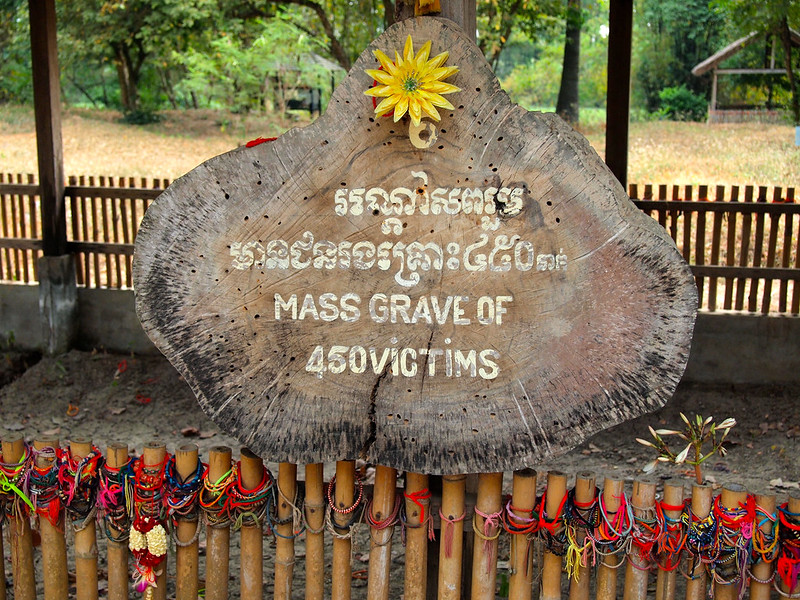
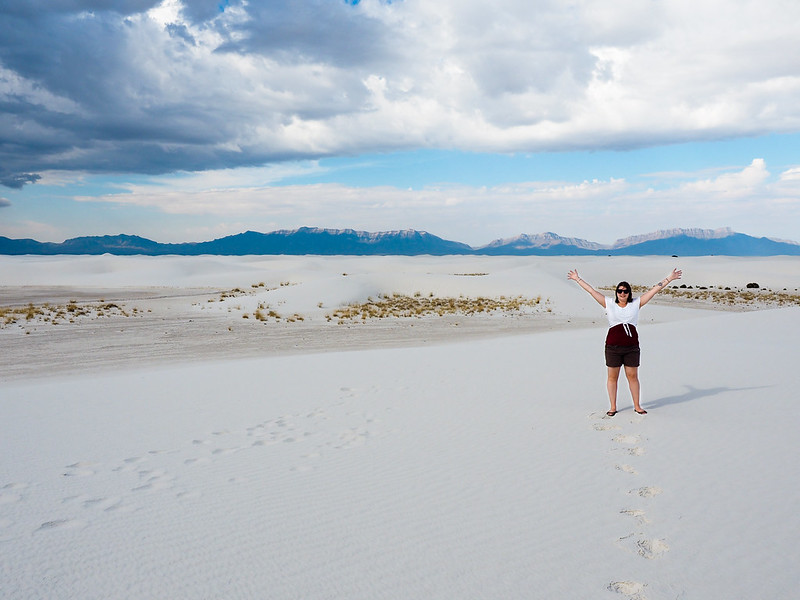
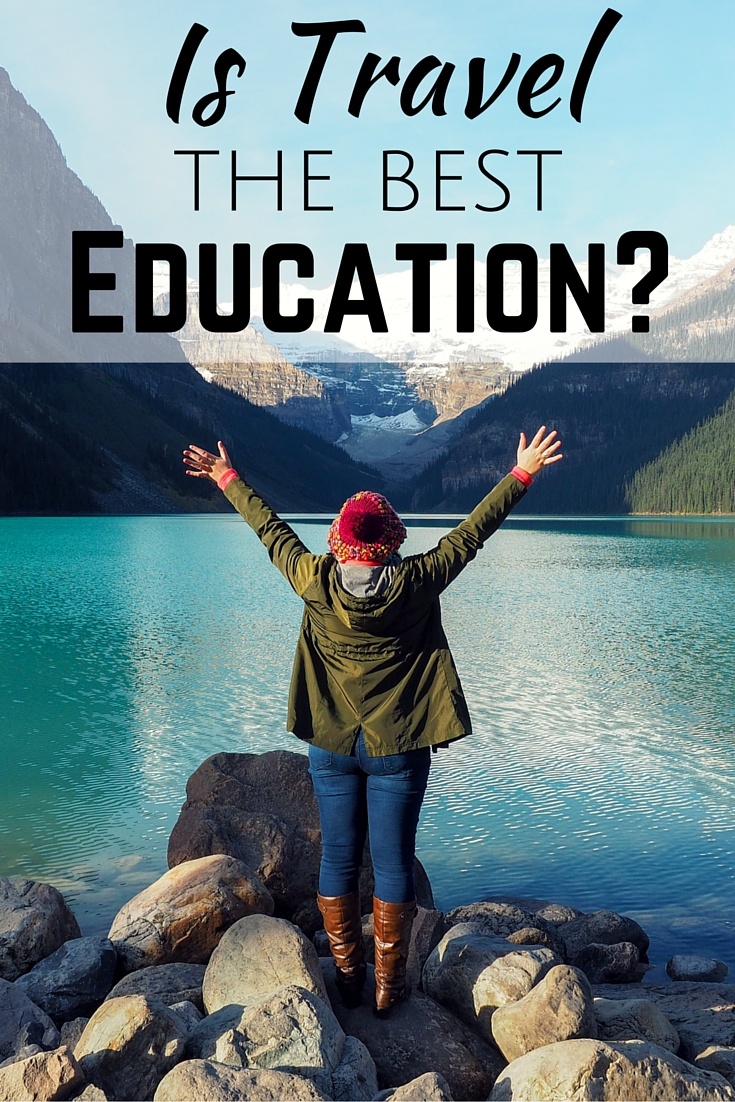









I totally agree with Shannon. For example… I had read a lot of books and seen many movies and pictures about World War II (Germany is nearby) and the Shoah, visited the memorials and beaches in Normandy (a small eyeopener yet).
But when I travelled to the concentration camp Auschwitz (Poland), I was really speachless. Just many of the thousands of visitors. (you could hear a needle fall).
And we “learned” a lot, we felt the pain (and we aren’t even prisoners… )
In 1 day…
So, travelling is not only interesting for children, but it is for us. (for good understanding, this isn’t a place you should visit with children, it’s just an example)
All the schoolbooks, all the lessons about religion and peace… need a lot more “real life documentation”, was what I was thinking of.